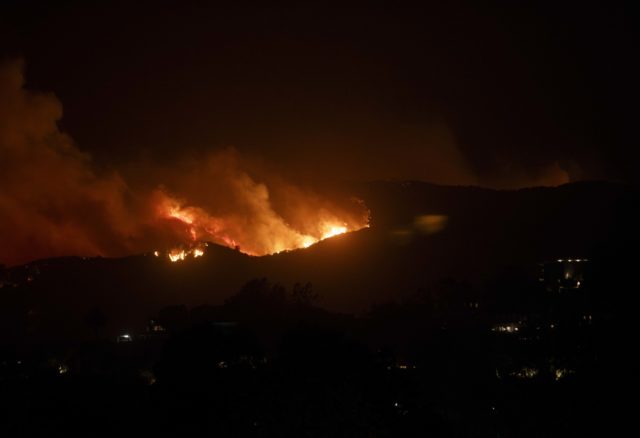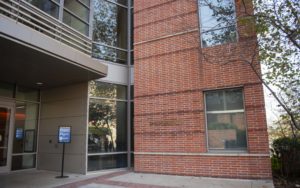Urban planners expressed environmental concerns about Gov. Gavin Newsom’s recent rebuilding efforts following January’s Los Angeles County wildfires.
Shortly after multiple severe wildfires broke out in the LA area in January, Newsom announced plans to rebuild the affected regions, including signing an executive order to clear debris quickly, waiving California Environmental Quality Act permit requirements to rebuild homes and businesses faster and securing federal funds to repair damaged infrastructure. However, issues such as air pollution and effective clean-up procedures have not been adequately addressed by policymakers, said Stephanie Pincetl, the founding director of the California Center for Sustainable Communities at UCLA.
Pincetl said that before rebuilding can be addressed, debris from the fires must be cleaned up first. Rather than rebuild quickly, LA should instead take time to address how to prevent future fires when rebuilding, she said.
“We’re not giving ourselves the opportunity to really talk about it, and we’re not respecting the ability of people to think these things through over time,” she said.
Veronica Herrera, an associate professor of urban planning, said waste concerns must also be addressed throughout rebuilding efforts. Paints, pesticides, fertilizers, cleaners and compressed gas cylinders are all examples of objects that can react, explode or create other complications after a fire, she added.
Herrera also said air pollution caused by the fires is a significant safety issue for everyone in LA.
“Everything that’s plastic, everything that is of any compound that has toxins in it, that is now burned up and in the air,” she said. “You hear these stories of people seeing their homes that there’s nothing left, and it’s like, all that stuff that was there is in the air now.”
Gregory Pierce, co-executive director of the UCLA Luskin Center for Innovation, reaffirmed the importance of following environmental regulations such as CEQA during the rebuilding process.
“It doesn’t actually take more time, so we shouldn’t be throwing out climate resilience in the first place as we rebuild,” he said.
Building back everywhere is not necessarily the best solution, Pierce said. Areas the fire affected, such as the Palisades, were in hazard zones, something which will not change in the future, he added.
Pierce also said he believes building housing in wildfire risk areas needs to cease in order to limit fire damage where people live.
“Some people are going to be put at risk just by building back,” he said.
Complications related to rebuilding are three-fold, Pincetl said. Potential barriers include many residents’ lack of sufficient fire insurance, the length of time necessary to carefully clear debris and the impacts of the Trump administration’s federal policy on labor and materials. Recently proposed tariffs on Canada and Mexico and increased deportation of immigrants who serve as undocumented laborers could impact rebuilding, she said.
Pierce said that although he believes LA will be proactive in rebuilding, estimates of two years to rebuild are inaccurate, adding that efforts will realistically take three to four years, in part due to a lack of federal assistance.
“Frankly, the federal government is not helping us,” he said. “They’re not helping us clean up as much as they normally would.”
Trump has also threatened to withhold federal aid from LA over its environmental conservation laws, spreading the false claim that a state policy aimed at protecting a species of fish led to a lack of water supply for firefighters.
[Related: Federal government races to provide aid in the face of Los Angeles fires]
Additionally, new developments must go through the appropriate permitting process to ensure that they are built properly, Pincetl added.
Pincetl also said that greater consideration should be given to evaluating the best steps forward prior to building efforts.
“What we need to do is really try to spend money organizing community meetings and discussions and in-depth presentations of all these trade-offs,” she said.




Comments are closed.